“We are putting in more efforts to emphasize values inculcation, lifelong learning, holistic education and 21st century skills. We hope to encourage joyful learning and help our students develop resilience and an entrepreneurial spirit.” — Pak Tee Ng
Singapore has been well publicized as one of the most highly regarded education systems in the world. But does that acclaim exist mainly because of the country’s consistent high placement in international league tables such as the OECD’s Pisa or is there more to this system’s story? How did Singapore transform its once struggling education system into an effective one? In an age of technological disruption, uncertainty and dramatic change, what’s being done to emphasize lifelong learning, holistic education and 21st century skills today, and even more importantly, in the future? Learning from Singapore: The Power of Paradoxes, is a new book by Pak Tee Ng, which tells the inside story of the country’s continuous journey to achieve excellence in learning. The Global Search for Education is pleased to welcome Pak Tee Ng to talk about the past, present and future of learning in Singapore schools. Pak Tee Ng is Associate Dean, Leadership Learning, Office of Graduate Studies and Professional Learning, and Head and Associate Professor, Policy and Leadership Studies Academic Group, at the National Institute of Education, Nanyang Technological University, Republic of Singapore.
“Our approach is to pursue timely change, policies based on long-term consideration of Singapore’s future, while preserving timeless constants – values that provide navigation beacons in the turbulence of change.” — Pak Tee Ng
Welcome Pak Tee. Singapore has been hailed as a global success in education. Why is there still reform? How has global context impacted education in Singapore?
The world is experiencing global uncertainties, technological disruptions, and contestations of values, all at an increasing rate of change. Although Singapore has a robust education system, it is changing to ensure that students have what it takes to meet the challenges of such a context and future. We change when we are strong rather than to wait until we are desperate. Then we can change in a more mindful and reflective manner. Work has begun much earlier but we are putting in more efforts to emphasize values inculcation, lifelong learning, holistic education and 21st century skills. We hope to encourage joyful learning and help our students develop resilience and an entrepreneurial spirit. We would like our young people to become morally upright, economically productive, and rooted to the country.
What additional work is there to be done in improving schools?
Let me give you a few examples of the things we are currently doing. Singapore schools are generally well organized for efficient and effective learning. But we are now much more mindful and intentional about making the learning process a joyful one, so that students develop an intrinsic desire for lifelong learning. Then, they will be better prepared to deal with future complex challenges. This requires teachers to examine their teaching methods to engage their students better. We are also making content more relevant to real life and giving students opportunities to apply knowledge and skills learned in school in authentic work settings. We help students develop their character and people skills through experiential learning in many areas, such as sports, outdoor adventures, uniformed groups, and art. We would like to broaden the definition of success and develop more educational pathways for students. We would like young Singaporeans to become well-rounded and productive citizens.
“Singapore is able to draw strength from paradoxes because its education fraternity is united in its purpose to shape the future of the nation.” — Pak Tee Ng
What has Singapore learned from other countries’ systems and how has this impacted the decisions made for Singapore’s education system?
Learning from other countries’ education systems helps us to rethink our education paradigm and challenge our mindset. We discover that there are different ways in which equity among learners may be promoted. We become more acutely aware of the need for improvement in other sectors of education, especially in early childhood and special needs education. We also learn how an apprentice system of learning works in practice. The experiences of other systems also show us the possible side-effects of certain reforms. For example, having too many graduates in the country can be problematic because of their unmet employment expectations. We are therefore mindful to implement change in a calibrated manner. We learn from others, but we cannot blindly copy practices. We have to find our own way forward.
What are the some of the competing philosophies of education coming out of Singapore?
In my book, I explain that some competing philosophies, expressed as paradoxes, include the co-existence of timely change and timeless constants; centralisation and decentralisation; meritocracy and compassion; and teaching less and learning more. Let me give you a couple of examples. Firstly, should we change when we seem to have been successful? If we do, we are changing something that is working. If we don’t, we will soon be left behind. Therefore, our approach is to pursue timely change – policies based on long-term consideration of Singapore’s future, while preserving timeless constants – values that provide navigation beacons in the turbulence of change.
Secondly, should Singapore’s education system be more centralized or decentralized? With more centralization, we decrease local customization and professional agency. With more decentralization, we reduce system level synergy. There, our approach is a paradoxical centralised decentralization, which emphasizes strategic alignment with tactical empowerment. System level synergy is derived through alignment with national level strategies. Professional agency is exercised through empowering educators to interpret policies for implementation based on local situations. In this way, Singapore maintains system coherence while supporting school leaders and teachers to make local level decisions.
“Singapore’s experience shows that if an educational change is a mission for the benefit of the next generation, people will rally together and bite the bullet to see through the change.” — Pak Tee Ng
What is the power of embracing paradoxes? How can paradoxes be put to good use?
Embracing paradoxes is powerful because it drives positive movements in the system. Paradoxes are powerful because the tensions embedded in them demand for change. Therefore, paradoxes can be a source of strength for the system if they are positively embraced and well managed. But they can also bring conflicts if managed badly. Singapore is able to draw strength from paradoxes because its education fraternity is united in its purpose to shape the future of the nation. That is why paradoxes in Singapore are creative tensions rather than destructive ones, and result in positive rather than negative developments. Because Singapore policy-makers and educators accept paradoxes and constantly navigate them, the system is never in stagnation. Instead, it exhibits positive movements amid reflective contestations, rather than paralysis amid protracted discussions.
Finally Pak Tee, what do you think are the most important lessons Singapore can teach the rest of the world?
I would not call Singapore a model education system per se. But the world may be able to learn some important lessons from its reform journey. Firstly, the experience shows the importance of “system-ness”– education reform takes place in an integrated, coherent and sustainable manner at the system, school, classroom, and individual levels. Singapore aims to be an excellent system of schools for all, not a system with a few excellent schools for some. Secondly, the experience also shows the importance of national commitment to educational excellence – resource investment, long-term planning, judicious implementation, continuous professional development and teacher empowerment. In the book, I offer a few ‘what if’ reflective questions for another education system, based on Singapore’s experience:
- What if the country sees education as an investment rather than an expenditure?
- What if teachers are seen as nation builders and that the country is committed to recruit and develop good teachers and school leaders?
- What if education can become an uplifting, rather than negative, narrative in the country?
Singapore’s experience shows that if an educational change is a mission for the benefit of the next generation, people will rally together and bite the bullet to see through the change. The Singapore experience raises the most fundamental question about any education reform: is it real? Or is it merely a slogan?
For More Information on “Learning from Singapore: The Power of Paradoxes” in 2017
(Photos are courtesy of Madam Jessie Koh Yusof Ishak Secondary School)
C. M. Rubin and Pak Tee Ng
Join me and globally renowned thought leaders including Sir Michael Barber (UK), Dr. Michael Block (U.S.), Dr. Leon Botstein (U.S.), Professor Clay Christensen (U.S.), Dr. Linda Darling-Hammond (U.S.), Dr. MadhavChavan (India), Professor Michael Fullan (Canada), Professor Howard Gardner (U.S.), Professor Andy Hargreaves (U.S.), Professor Yvonne Hellman (The Netherlands), Professor Kristin Helstad (Norway), Jean Hendrickson (U.S.), Professor Rose Hipkins (New Zealand), Professor Cornelia Hoogland (Canada), Honourable Jeff Johnson (Canada), Mme. Chantal Kaufmann (Belgium), Dr. EijaKauppinen (Finland), State Secretary TapioKosunen (Finland), Professor Dominique Lafontaine (Belgium), Professor Hugh Lauder (UK), Lord Ken Macdonald (UK), Professor Geoff Masters (Australia), Professor Barry McGaw (Australia), Shiv Nadar (India), Professor R. Natarajan (India), Dr. Pak Tee Ng (Singapore), Dr. Denise Pope (US), Sridhar Rajagopalan (India), Dr. Diane Ravitch (U.S.), Richard Wilson Riley (U.S.), Sir Ken Robinson (UK), Professor Pasi Sahlberg (Finland), Professor Manabu Sato (Japan), Andreas Schleicher (PISA, OECD), Dr. Anthony Seldon (UK), Dr. David Shaffer (U.S.), Dr. Kirsten Sivesind (Norway), Chancellor Stephen Spahn (U.S.), Yves Theze (LyceeFrancais U.S.), Professor Charles Ungerleider (Canada), Professor Tony Wagner (U.S.), Sir David Watson (UK), Professor Dylan Wiliam (UK), Dr. Mark Wormald (UK), Professor Theo Wubbels (The Netherlands), Professor Michael Young (UK), and Professor Minxuan Zhang (China) as they explore the big picture education questions that all nations face today.
The Global Search for Education Community Page
C. M. Rubin is the author of two widely read online series for which she received a 2011 Upton Sinclair award, “The Global Search for Education” and “How Will We Read?” She is also the author of three bestselling books, including The Real Alice in Wonderland, is the publisher of CMRubinWorld and is a Disruptor Foundation Fellow.
Follow C. M. Rubin on Twitter: www.twitter.com/@cmrubinworld

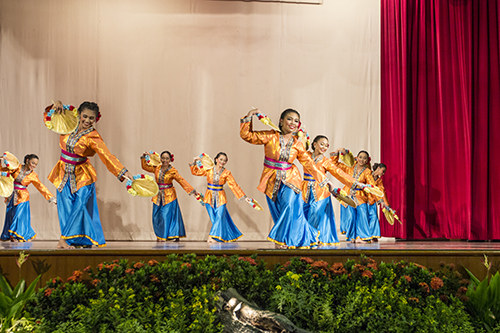
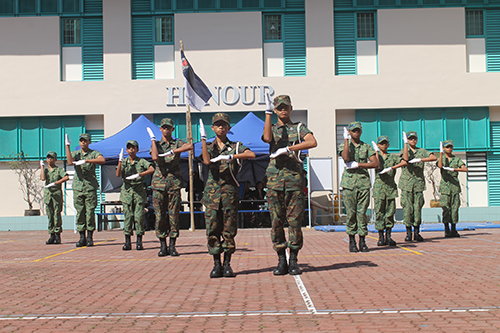
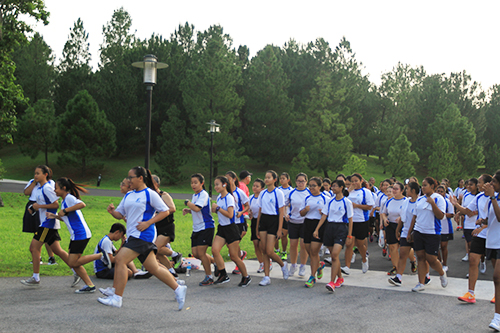
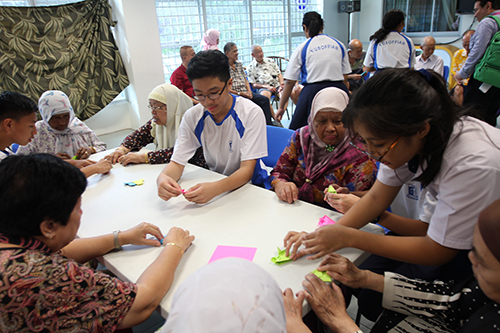
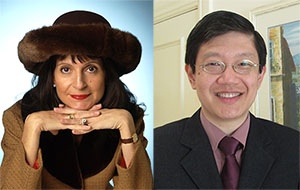

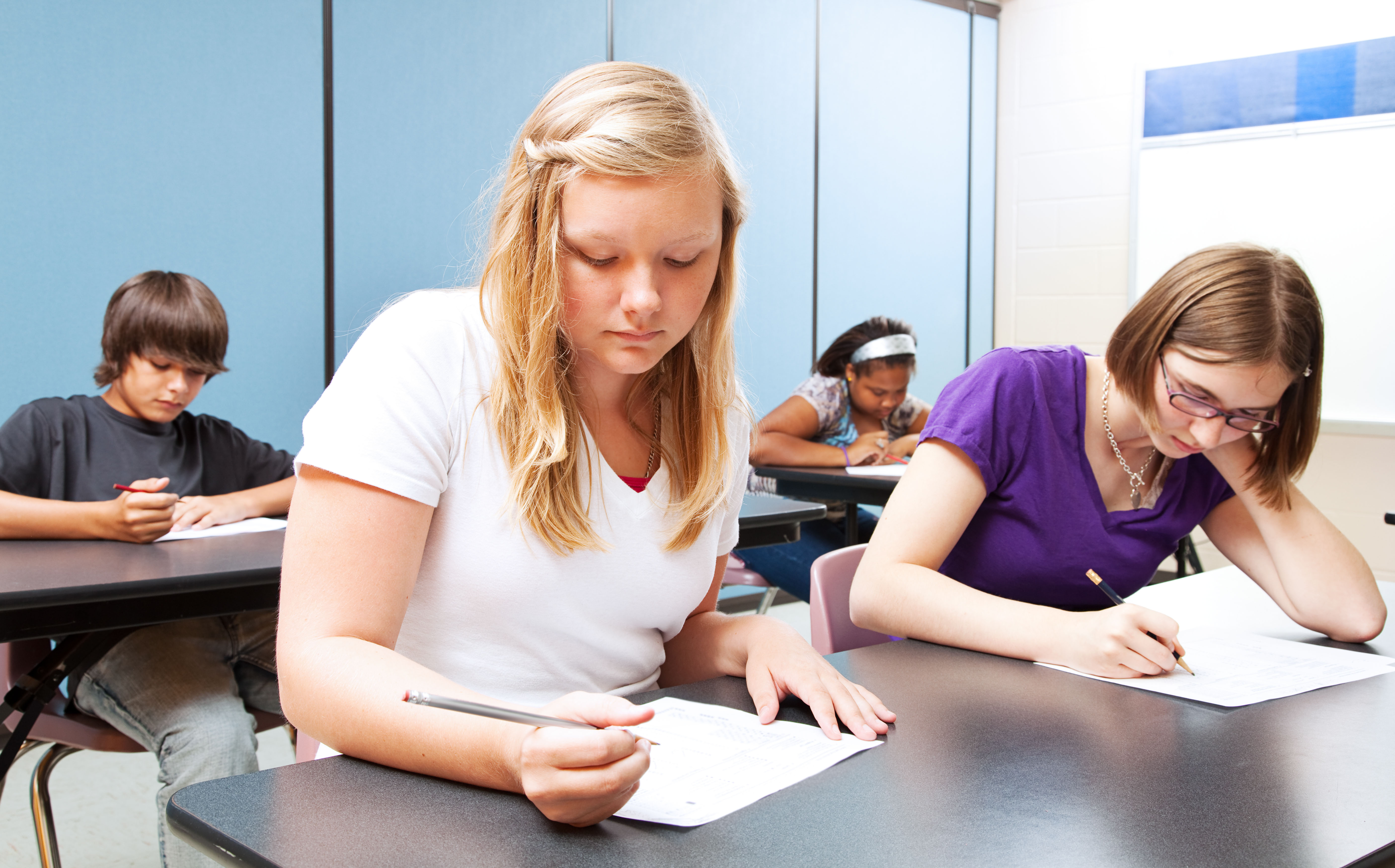
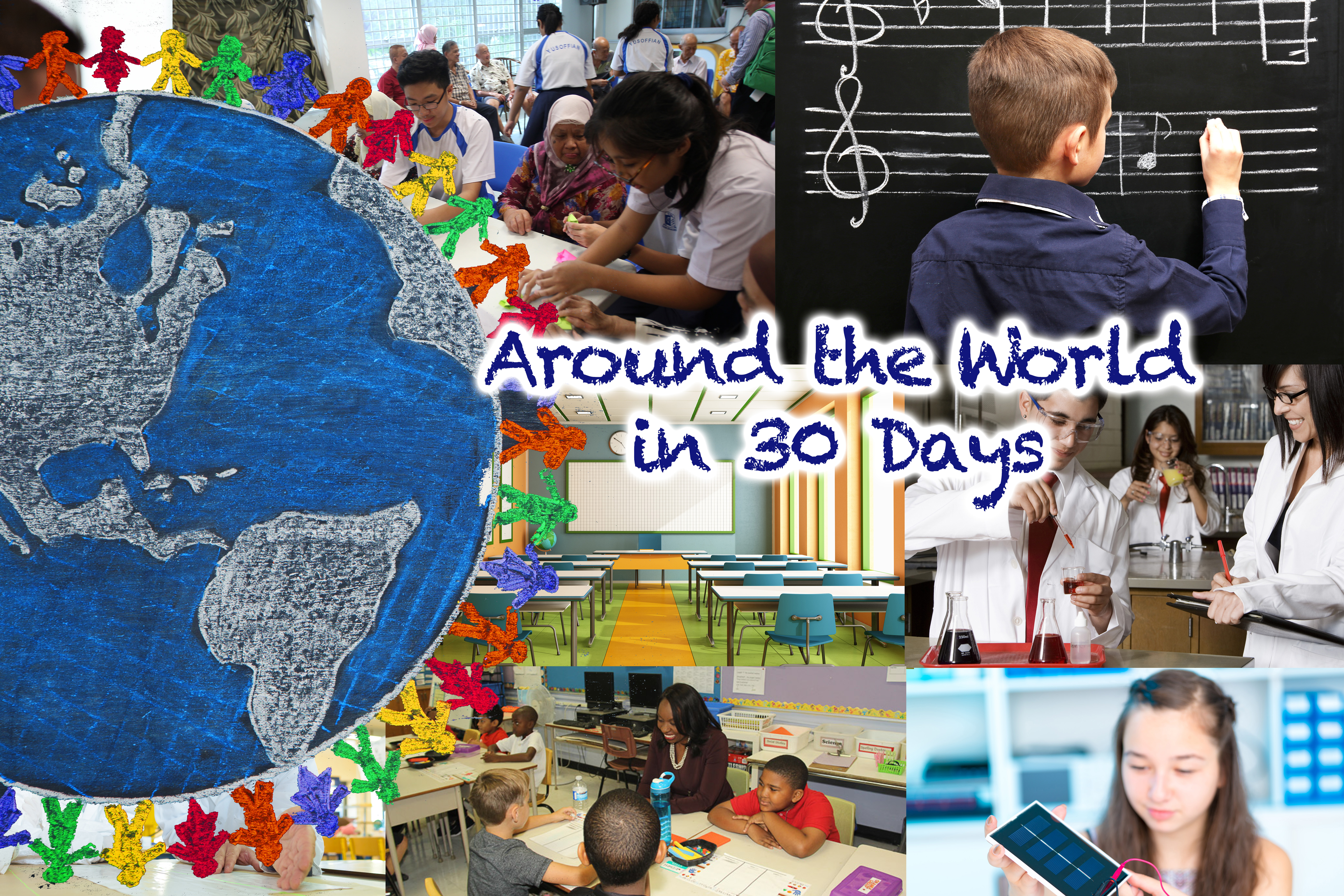
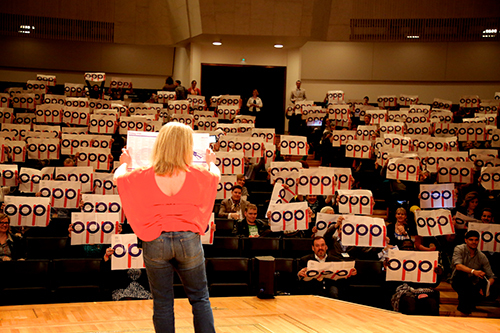
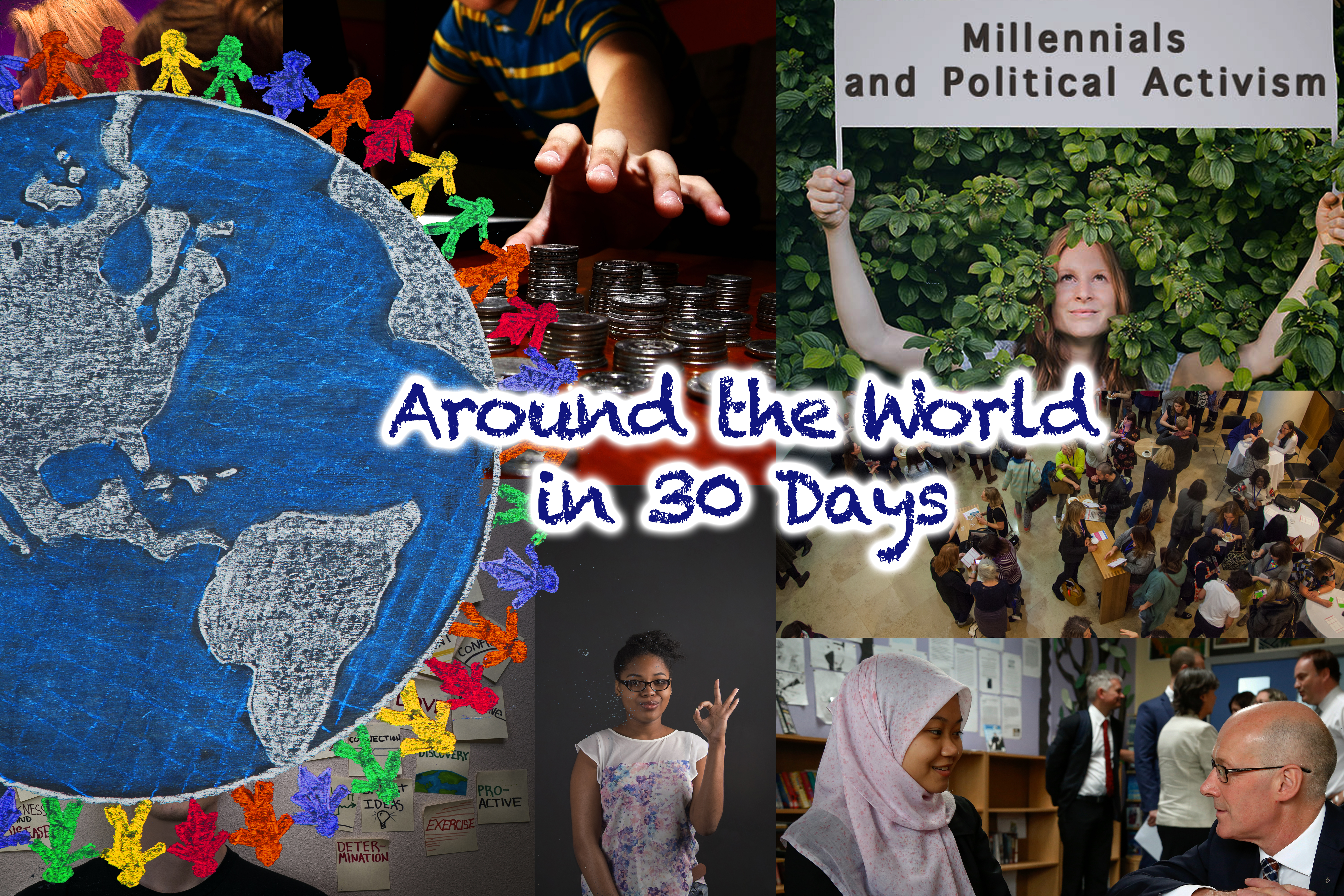
Recent Comments